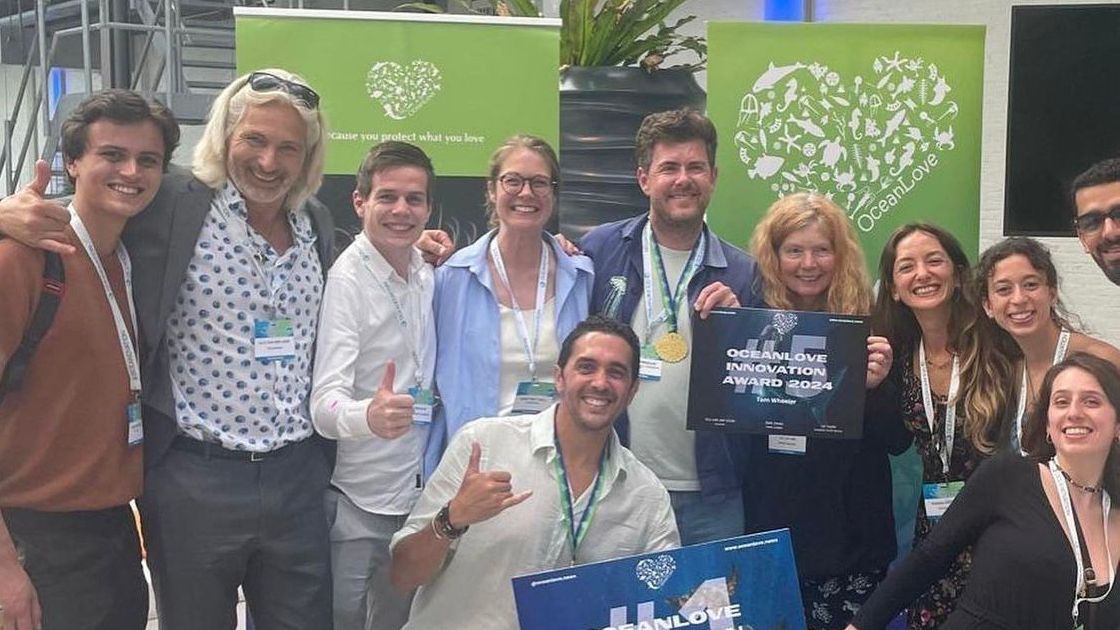New Forest Guardian Training Underway: Welcoming the Sateré Mawé
We’re excited to share another important step forward in strengthening Indigenous-led protection of the Amazon rainforest. A new Forest Guardian training has been launched with the Sateré Mawé, an Indigenous people living in the Andira Marau Indigenous Territory (789,000 Hectares) , which lies across the Brazilian states of Amazonas and Pará.
The Sateré Mawé are known not only for their deep connection to the forest but also for their cultural contributions. They were the first to domesticate and cultivate guaraná, a plant now widely consumed around the world for its energizing properties.
The name “Sateré Mawé” reflects elements of their identity and relationship to nature—“Sateré” meaning the fiery caterpillar, and “Mawé” referring to the intelligent, inquisitive parrot. Together, the name honours both the spirit of resilience and the thoughtful observation that defines their way of life.

Expanding the Network: More Forest Guardians equals more Indigenous Territory protected.
This new training builds on the momentum of earlier Guardian formations, such as the recent water guardians group in the Munduruku territory of Takuara and Bragança / Marituba. These trainings equip Indigenous leaders, youth, and coordinators with tools like drones and zoom cameras to monitor their lands, document threats, and respond swiftly to illegal activities such as logging, fishing, and land invasions.
Like other Guardian groups, the Sateré Mawé participants receive technical training, logistical support, and equipment to strengthen their capacity to defend their territory and preserve the biodiversity of their region.
A Growing Movement of Autonomy and Resistance
Each training marks another step in a growing grassroots movement led by Indigenous peoples themselves. With every new group formed, the network of Forest and Water Guardians grows stronger, creating more points of surveillance, collaboration, and resistance across the Amazon.
We look forward to following the progress of the Sateré-Mawé Guardians and will share more from the field soon.
























